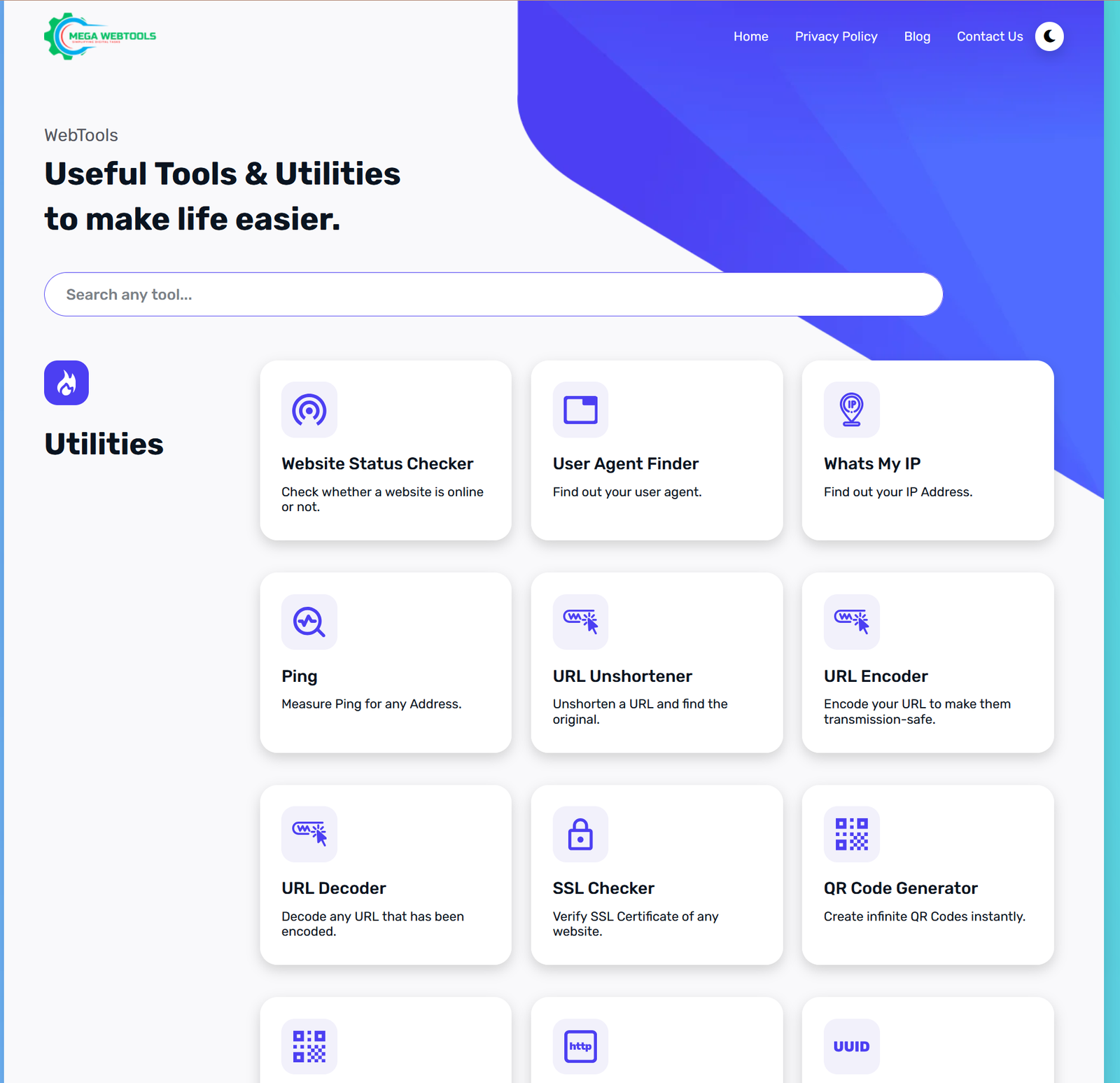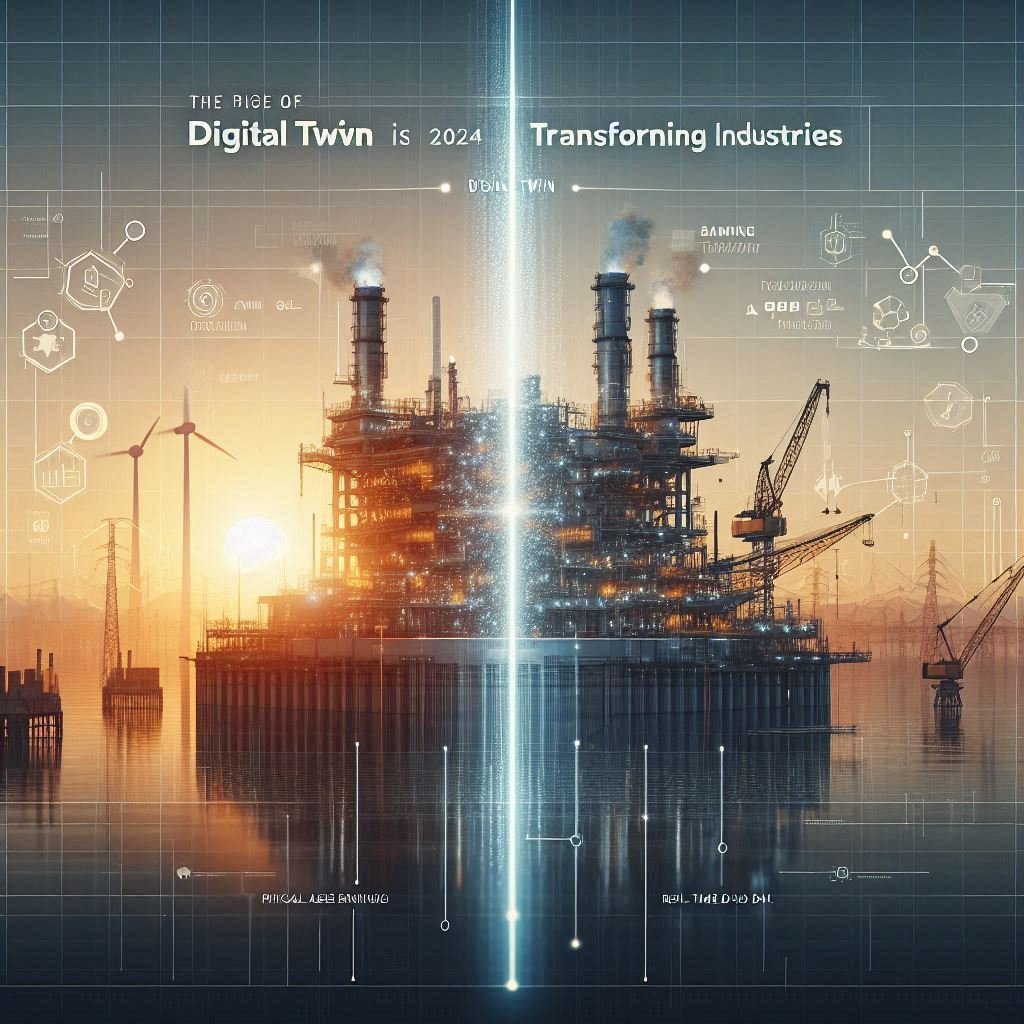
The operating system (OS) has come a long way since its inception. From the early days of command-line interfaces to the modern graphical user interfaces (GUIs), the OS has evolved significantly. However, with the advent of artificial intelligence (AI), the OS is on the cusp of a revolution. AI-driven operating systems are poised to transform the way we interact with our devices, making them more intelligent, intuitive, and efficient.
In this article, we will explore the potential of AI-driven operating systems and how they will shape the future of computing. We will delve into the features and benefits of these systems, the challenges they pose, and the possibilities they offer.
AI-Driven Operating Systems: A New Paradigm
Traditional operating systems are designed to manage hardware resources and provide a platform for running applications. However, they are limited in their ability to learn and adapt to user behavior. AI-driven operating systems, on the other hand, are designed to learn and improve over time, making them more personalized and efficient.
These systems use machine learning algorithms to analyze user behavior, preferences, and habits, and adjust their performance accordingly. They can predict user needs, anticipate actions, and provide recommendations, making the user experience more seamless and intuitive.
Features and Benefits
AI-driven operating systems offer several features and benefits that traditional systems lack. Some of the key features include:
-
Personalized user experience: AI-driven systems can learn user preferences and tailor the experience to individual needs.
-
Predictive maintenance: These systems can predict hardware failures and perform maintenance tasks proactively.
-
Enhanced security: AI-driven systems can detect and respond to threats in real-time, making them more secure.
-
Improved performance: These systems can optimize resource allocation, leading to faster performance and improved productivity.
Challenges and Possibilities
While AI-driven operating systems offer several benefits, they also pose significant challenges. Some of the key challenges include:
-
Data privacy: These systems require vast amounts of user data, which raises concerns about privacy and security.
-
Complexity: AI-driven systems can be complex and difficult to manage, requiring specialized skills and knowledge.
-
Dependence on AI: These systems rely heavily on AI, which can be a single point of failure.
Despite these challenges, AI-driven operating systems offer several possibilities. They can enable new use cases such as:
-
Intelligent homes: AI-driven systems can integrate with smart home devices, making our living spaces more intelligent and convenient.
-
Healthcare: These systems can analyze medical data, providing insights and recommendations for better health outcomes.
-
Education: AI-driven systems can personalize learning experiences, making education more effective and engaging.
-
Conclusion
AI-driven operating systems are poised to revolutionize the way we interact with our devices. They offer several benefits, including personalized user experiences, predictive maintenance, enhanced security, and improved performance. However, they also pose significant challenges, including data privacy concerns, complexity, and dependence on AI.
As we move forward in this new era of computing, it is essential to address these challenges and harness the potential of AI-driven operating systems. By doing so, we can create more intelligent, intuitive, and efficient systems that transform the way we live, work, and play.







